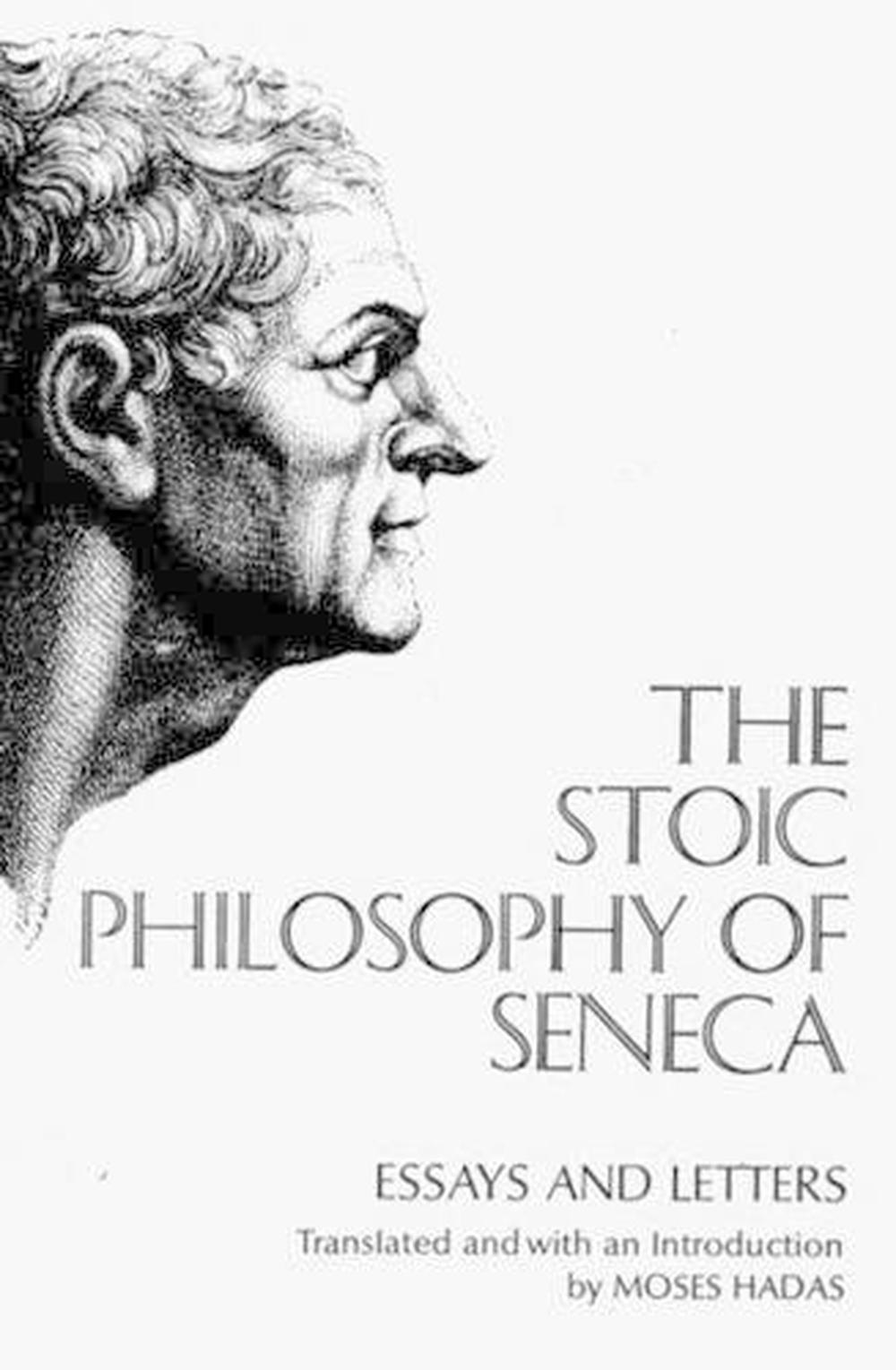
The Stoic Philosophy of Seneca
essays and letters
$73.22
- Paperback
272 pages
- Release Date
17 January 1990
Summary
In The Stoic Philosophy of Seneca, representative selections from Seneca’s writings offer the reader an excellent introduction to the range of his work. The selections are drawn from the essays, or dialogues, and the “Consolations;” from the treatises, of which “On Clemency,” addressed to the young Nero, is included here; and from the Letters to Lucilius, which have to do not only with philosophical subjects but also with Seneca’s personal experiences, such as journeys and …
Book Details
| ISBN-13: | 9780393004595 |
|---|---|
| ISBN-10: | 0393004597 |
| Author: | Moses Hadas, Lucius Annaeus Seneca |
| Publisher: | WW Norton & Co |
| Imprint: | WW Norton & Co |
| Format: | Paperback |
| Number of Pages: | 272 |
| Release Date: | 17 January 1990 |
| Weight: | 2.11kg |
| Dimensions: | 198mm x 130mm x 20mm |
About The Author
Moses Hadas
AESCHYLUS: A complete fifth-century Athenian, he was the creator of her proudest artistic achievement, tragedy. By using more than one actor he changed the form of plays from recited poetry to true dramatic dialogue, thereby making possible the sweeping grandeur of his great trilogy, THE ORESTEIA.<br><br>SOPHOCLES: The most popular tragedian of the Golden Age, he expanded the scope of classic drama by his technical innovations and lyric intensity, leaving the world such masterpieces as ANTIGONE and OEDIPUS THE KING, the play Aristotle called the perfect model of Greek tragedy.<b
Returns
This item is eligible for free returns within 30 days of delivery. See our returns policy for further details.




